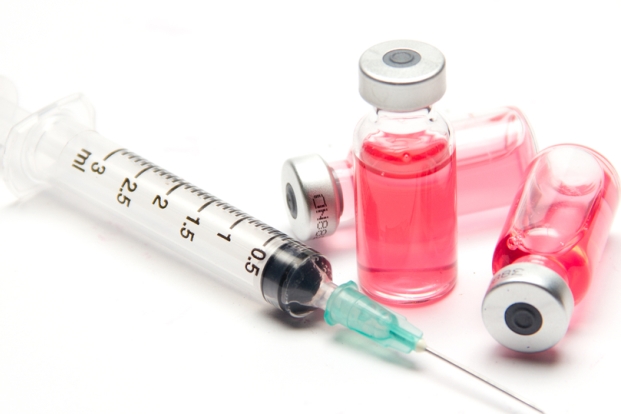Why is Vaccination important and how do Vaccines work?
Apr 19, 2022
Vaccines provide newborns and children with protection against several diseases. Before birth baby receives many protective chemicals (antibodies) from the mother via blood. After birth, these are further topped up by antibodies present in breast milk. These provide protection against a lot of germs and infections.
The levels of circulating maternal antibodies gradually fall and become minimum by 8 months of age. Vaccines help to maintain the levels of these antibodies. It is the most effective method of preventing infectious diseases. Widespread immunity due to vaccination is largely responsible for the worldwide eradication of smallpox, polio and the restriction of diseases such as measles and tetanus.

Vaccination can only be effective if following rules are followed-
- Appropriate transport and storage of vaccine without breaking cold chain.
- Right vaccine at right age
- High immunization coverage ie maximum children should be immunized in a community to prevent disease transmission and outbreaks
How do vaccines work?
Vaccines are made up by killed or weakened bacteria and viruses or their parts or toxins released by them. Once they enter a child’s body they provoke an immune response which leads to the formation of protective antibodies against the vaccine. When the child gets infected with the same virus or bacteria, preformed antibodies attack them and more antibodies are formed which protect the child from further infections. In unvaccinated children due to lack of this protection, they can suffer disability or sometimes even death from these infections.
Currently, vaccines are available for several life-threatening diseases viz polio, diphtheria, tetanus, tuberculosis, hepatitis B, tetanus, pertussis, chicken pox, typhoid, rotavirus, pneumococcal and meningococcal disease etc.
Are vaccines safe?
Vaccination given during childhood is generally safe. Adverse effects if any are generally mild. Some common side effects include fever, pain, and redness around the injection site and muscle aches. Additionally, some individuals may be allergic to ingredients in the vaccine. If there is a history of an allergic reaction to a certain vaccine then these should be completely avoided.
Some vaccines are contraindicated in children with immune deficiencies or with a progressive neurological disorder. Your doctor should be able to take the decision along with you before administering such vaccines.





